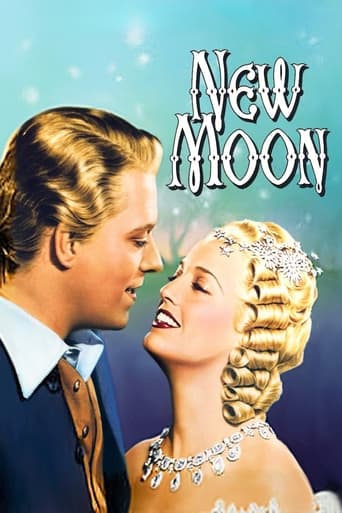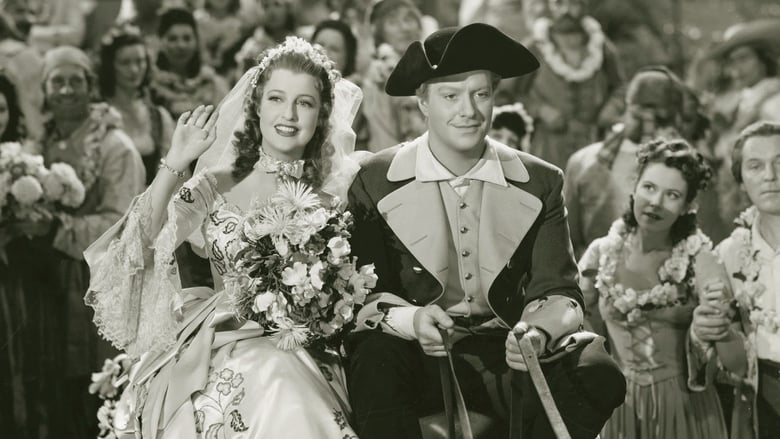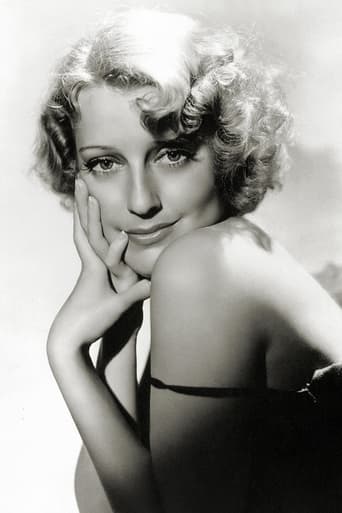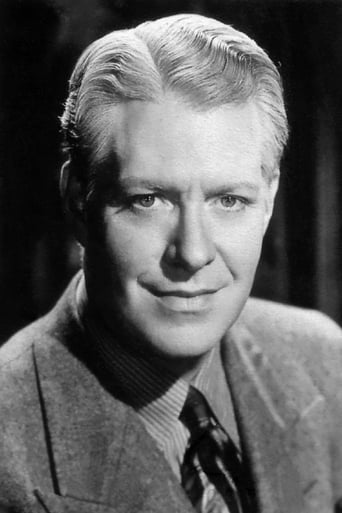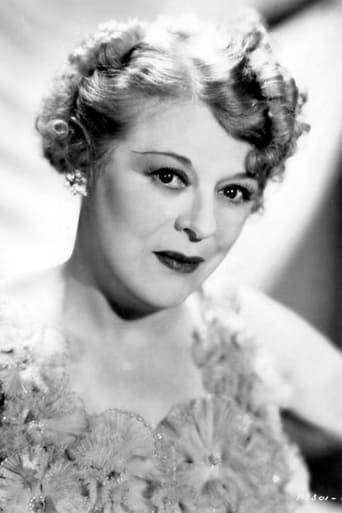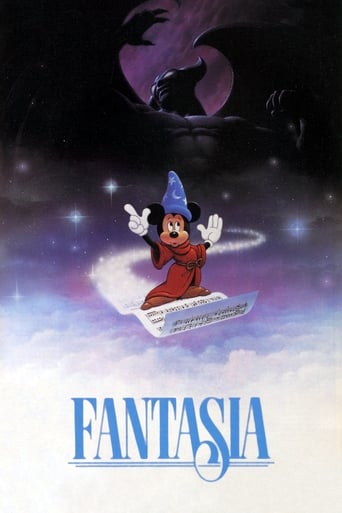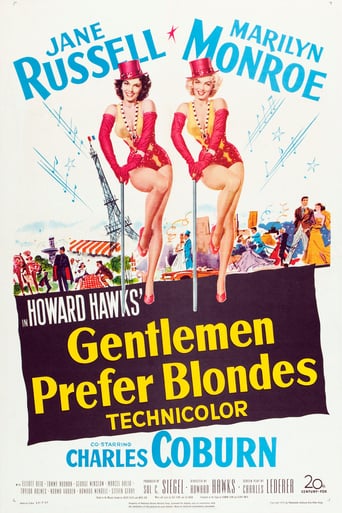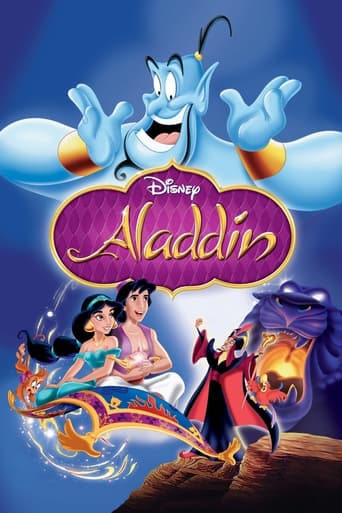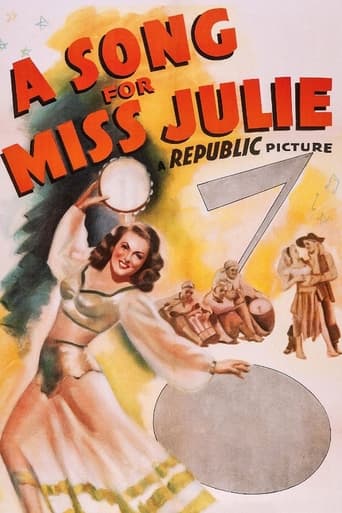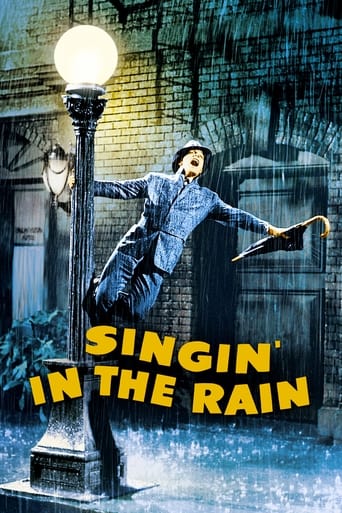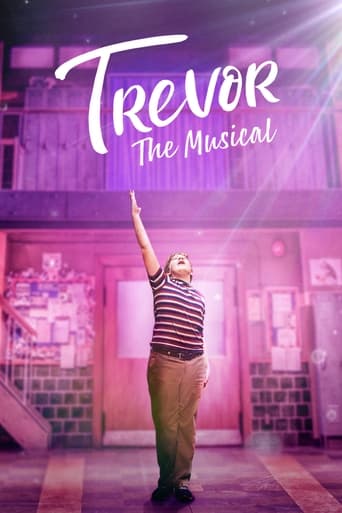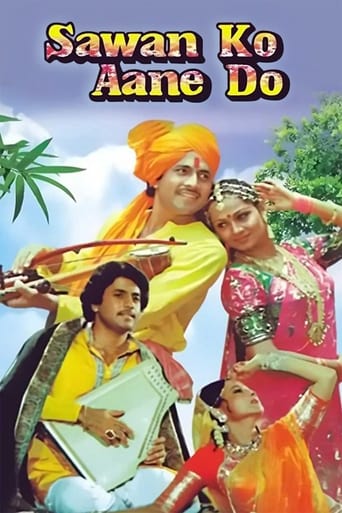New Moon (1940)
A revolutionary leader romances a French aristocrat in Louisiana.
Watch Trailer
Cast


Similar titles
Reviews
Wonderful character development!
hyped garbage
Good story, Not enough for a whole film
Like the great film, it's made with a great deal of visible affection both in front of and behind the camera.
This is an excellent chance to experience the duo singing and acting of Jeanette Macdonald and Nelson Eddy without the occasional included opera performance, as in "Maytime " and "Rose Marie". In fact, along with the very similar "Naughty Marietta", it's clearly my favorite of the 4 'classic' JM & NE films I have recently seen, both in terms of the screenplay and the Sigmund Romberg-composed songs. The main problem is that Jeanette plays a spoiled unsympathetic character, unlikely for Eddy's character to fall in love with, save for her singing.New Moon is both the name of the ship that the bondsmen capture, a symbol for the new society Eddy establishes for his utopian colony, and a symbol for his romantic relationship with Jeanette's character. As several reviewers have pointed out, the screenplay, which is relatively faithful to the original play, bears many striking similarities to the earlier JM & NE film "Naughty Marietta". In that film, the two escape the encumbering Old World aristocracy by fleeing into the American wilderness, from New Orleans. In this film, they find a small uncharted(unlikely) Caribbean island where Eddy's character establishes a utopian society, based on the principles of the French Revolution, then taking place. But, the screenplay also bears some striking resemblances to the earlier Warner film "Captain Blood", featuring another famous film romantic couple; Errol Flynn and Olivia de Havilland. In both films, the male lead is an aristocratic political rebel, who spends a period as the slave or indentured servant of the female lead, in the Caribbean, then later captures a ship, becomes a pirate leader, and captures a ship the female lead is on. In both films, the male lead ends the film as the political leader of a Caribbean Island, with the female lead, who has vacillated in her loyalty to him, as his wife or wife-apparent. The screenplay also has the commonality with the prior Jeanette & Allan Jones -starring operetta "The Firefly" of Jeanette and the male star being on opposite sides of a historical struggle to overthrow an unpopular European regime, and the announcement at the end, that a French king or dictator has been deposed: from Spain, in the case of "The Firefly". Very conveniently, Eddy's pirated ship discovers and takes over a ship full of prospective brides, bound for the French-controlled small sugar and coffee island of Martinique, who become the brides of his band of bondsmen escapees(sort of like in "Seven Brides for Seven Brothers") Coincidentally, Eddy is surprised to find Jeanette on this ship, on her way back to France. Very strange that these French girls were taken to N.O. first, then back east to Martinique! Girls raised in N.O. were more likely to survive the various tropical diseases that killed so many new colonists.Eddy sings his best-remembered non-romantic-themed song in the rabble-rousing "Stouthearted Men": functionally equivalent to "Tramp, Tramp, Tramp" in "Naughty Marietta", and "The Mounties" in "Rose Marie". It helps Eddy's character rouse the bondsmen to join him in pirating the ship "New Moon", to escape to 'freedom'. "Maytime" lacked a functionally equivalent song, because the screenplay didn't require one. However, Eddy did lead a rousing male group sing in a tavern. Here, Eddy also sings "Shoes", immediately followed by the brief "Softly, as a Morning Sunrise". Eddy also lead a group protest sing aboard the ship. Eddy seems unusually stiff, until he breaks free of being a bondsman, when the exchanges with Jeanette become classics. Jeanette's apparent conversion to the revolution at the end, after learning it succeeded in France, is a bit unconvincing.The 4 'classic' JM & NE films all ended with a reprisal duet of a memorable 'signature' love song. Here, it's "Wanting You", which is blended with "Stouthearted Men" by a male chorus: similar to the ending in "Naughty Marietta", However, this film is unusual, in that there are actually two such songs(also, "Lover, Come Back to Me"), which are sung by one or both several times, and the less memorable(to me) is the one sung at the ending.Unlike the previous film version of the Romberg-scored "Maytime" operetta, all of the most memorable songs from the original play were retained here, and , with some alterations of the details, the basic plot was retained. In addition, 4 songs were newly composed by Romberg for the film. The most memorable of these are "Stranger in Paris"(ironically, sung aboard the ship) and "Dance Your Cares Away"...The African American spiritual "Troubles of the World" is also included, in a night scene, functioning like "Ole Man River", in "Showboat"Incidentally, historically, Louisiana Territory, including New Orleans, was officially transferred from French to Spanish administration in 1763. Thus, the governor should be Spanish, but clearly is cast as French. Also, French political prisoners were unlikely to be sent there as bondsmen during that period. Also, historically, the year before this story takes place, most of New Orleans burned to the ground: one of several devastating fires before much was rebuilt with brick.It's a shame that JM & NE never got to do another classic Romberg-Hammerstein-scored classic: "The Desert Song", nor Kerns' classic "Showboat". Jeanette's successor at MGM as an opera-trained singer: Kathryn Grayson, would get to costar in both of these, in the '50s.
What starts off as a Jeanette MacDonald and Nelson Eddy operetta in the mold of "Naughty Marietta" and "Rose Marie" ends up a Dorothy Lamour movie, and she's not even in it! Enemies of France are sent to New Orleans to be sold into slavery, and aboard their ship is a former French nobleman (Eddy) fighting against his own class who falls in love with noblewoman MacDonald. Eddy manages an escape, boards the same ship that MacDonald is on to head to Martinique, and what happens? The weather starts getting rough, the medium size ship is tossed, and the ship's aground on the shore of a tropic desert isle.Believe it or not, operetta like this was still popular in 1940, with several long-running hits being revived on Broadway in the 40's and MacDonald and Eddy continuing in spite of weaker reviews and box office returns. "Lover, Come Back to Me" is as camp today as "Ah Sweet Nystery of Life" and "Indian Love Call" were in their first two hits. (Of their duets, "Will You Remember?" from "Maytime" remains the only one to come off as a serious love duet without the camp effect, but I think you can blame Mel Brooks for utilizing "Ah Sweet Mystery of Life" in "Young Frankenstein" for the camp elements of their duets being enlarged), but "Softly, as in a Morning Sunrise" is a beautiful solo for Eddy who gives a livelier performance than usual, especially in "Stout-Hearted Men". This is filled with a lively supporting cast, most notably Mary Boland, H.B. Warner and George Zucco. It is also lovely to look at and certainly one of the least high brow of the MacDonald/Eddy pairings.
New Moon (1940 MGM) starring Jeanette MacDonald and Nelson Eddy is by far the best movie these two super star operetta singers provided for the USA and world public in the years before World War II during the Golden Age Of Hollywood.It is one of the last and best of the black and white movie costume musicals, and is dazzling in every way. Every film buff should obtain and screen this incredible movie often.The two stars, Jeanette MacDonald and Nelson Eddy, appeared in two widely and justifiably honored movies before this one......Naughty Marietta (1935 MGM) and also Rosemarie (1937 MGM), and were incredible in both.They managed to turn the unusual trick of skillful acting combined with singing music in the range and with the obvious ability of true opera stars (Nelson Eddy later provided wonderful singing of famous opera arias in "The Whale Who Wanted To Sing At The Met" sequence part of the Make Mine Music [1946 Disney] animated cartoon show.)In addition to wonderful singing, MacDonald and Eddy provide actor performances comfortable and delightful to watch, the kind of acting people from all backgrounds could feel comfortable with and enjoy. They were natural actors of high talents and also singers of unparalleled gifts. The entire history of world cinema never saw their equal before or since.The chemistry between MacDonald and Eddy is breathtaking....at times understated and amazingly carefree considering the pomp and glamor always part of their costumed and sumptuously decorated surroundings, and at times intimate to a level of sexual believability almost "x" rated. but it never occurred to the censors to object to their movies or performances or for the public, even the most conservative part of it, to object to the acting and love duet singing these two super stars provided. They were in a class by themselves, never to be forgotten, always to be cherished, probably never to be duplicated at any time in the future.....they were to musical performing arts what Shakespeare was to dramatic play writing....the best of the best.The camera work includes many night time scenes and moving scenes tracking marching men, galloping horses, and sumptuous dances and walks in formal gardens in New Orleans mansions part of it all. So, too, are wonderful special effects sequences showing a storm at sea which wrecks the large sailing ship which takes the main characters away from New Orleans, deposits them on a lonely island, and is wrecked by a storm which somehow does not drown or harm the endangered boat passengers.Somehow, it is all believable, and one can never take one's eyes off of the screen, or stop being interested and believing in the story, rooting for the main characters as they face and overcome one travail after the other.New Moon (1940 MGM) starring Jeanette MacDonald and Nelson Eddy is the sort of movie one knows will end happily from the start, and no matter what the characters face, the audience knows it will all come out all right in the end, and a splendid and enjoyable story is always ahead, well presented and scripted, witty and charming, wonderfully costumed, supplied with one beautifully furnished and designed setting after another....the sort of movie which could and was only provided for American and world audiences during the fabled Golden Age Of Big Studio Hollywood in the years immediately before World War II, perhaps the high water mark in movie history.See this movie and these two actors (and the other two movies of fame they did before this....Naughty Marietta [1935 MGM] and Rosemarie [1937 MGM]}. Everything about it is good in all ways------------------Written by Tex Allen, SAG-AFTRA movie actor. Visit WWW.IMDb.Me/TexAllen for more information about Tex Allen. Tex Allen's email address is [email protected] Tes Allen Movie Credits, Biography, and 2012 photos at WWW.IMDb.Me/TexAllen. See other Tex Allen written movie reviews....almost 100 titles.... at: "http://imdb.com/user/ur15279309/comments" (paste this address into your URL Browser)
The main thing in a Nelson/Jeanette film is the songs and beautiful harmony the stars accomplish. "Wanting You" is so lovely, I replay it before I go on with the rest of the show.Operettas are a specialized taste, and not for everyone. But for those who like them, this is a special treat. Nelson is very romantic in this film and of course, no one sings harmony better. Jeanette always does the melody and it is Nelsons great pacing and harmony that make the songs so beautiful.The story of the Louisiana bayou country and the French settlers at the time of the French Revolution is just a way to get the cast in lovely costumes and settings. Nelsons "Give Me Some Men" is thrilling and his holding his long note for over a minute, just great. All in all, a fine entry in the pairing of Americas Sweethearts. 9/10

